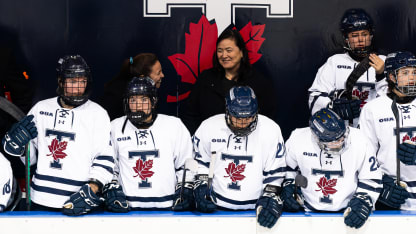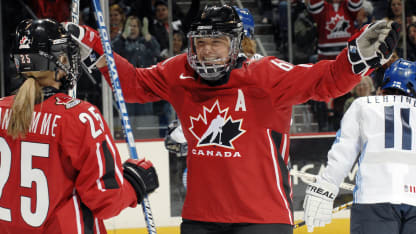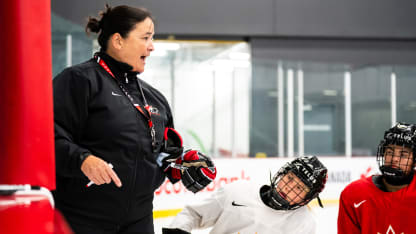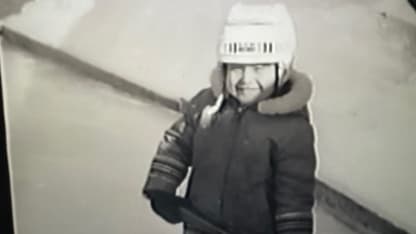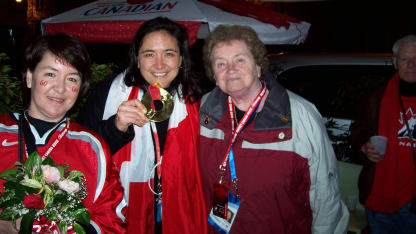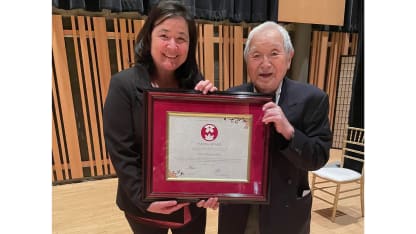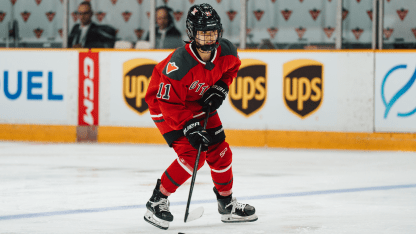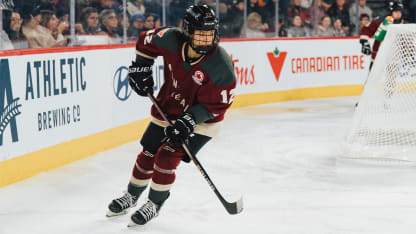William Douglas has been writing The Color of Hockey blog since 2012. Douglas joined NHL.com in 2019 and writes about people of color in the sport. Today, as part of NHL.com's celebration of Asian & Pacific Islander Heritage Month, he profiles University of Toronto women's hockey coach and former Canada women's national hockey team forward Vicky Sunohara, one of the country's most decorated players.
Vicky Sunohara was barely at the conversational age but was chatty whenever she played hockey with her father in the basement of their Scarborough, Ontario, home.
"I was, like, 'Shoot, score! Shoot, score!'" Sunohara said. "I wasn't even 2 years old. He'd ask me, 'Are you a hockey player,' and I'd say, 'Yes.' I didn't make a lot of sense, but I could say 'hockey,' 'shoot' and 'score.' I don't know why or what it was, but it was obvious I was just born with the love of hockey."
That love propelled Sunohara from the basement to the upper echelon of women's hockey.
The 54-year-old retired forward is one of Canada's most decorated players and coaches: a three-time Olympic medalist (gold in 2002 at Salt Lake City and Turin in 2006, silver at Nagano in 1998) and seven IIHF Women's World Championship titles. She had 118 points (56 goals, 62 assists) in 164 games for the women's national team and won 15 gold and three silver medals before retiring as a player in 2008.
